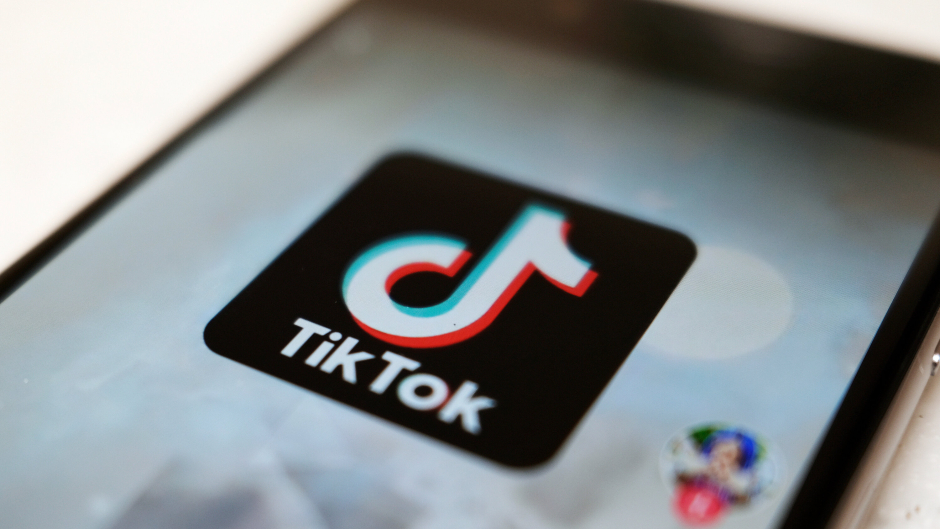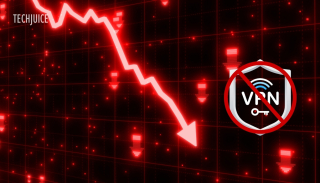TikTok has taken a significant step in its ongoing efforts to enhance content transparency by introducing a new feature that simplifies the process of identifying AI-generated videos. This move comes as the platform aims to stay ahead of challenges related to the rise of deep fake content, which has the potential to deceive users and cause harm.
By implementing this innovative labeling tool, TikTok is empowering content creators to more easily declare whether their videos contain deep fake AI-generated elements.
The newly introduced label feature serves as a game-changer for artists and content creators within the TikTok community. It provides a seamless method for streamers to distinguish and mark their videos that involve the use of deep fake artificial intelligence. By adding a simple toggle labeled “AI-generated content” within the “more options” section, TikTok has made it considerably more straightforward for creators to disclose the presence of AI-driven elements in their submissions. This enhancement aims to streamline the process of labeling content and promoting transparency, ensuring that viewers are aware of the technological involvement behind the scenes.
The rationale behind this feature introduction goes beyond mere convenience for creators; it also holds significant implications for the content consumption experience of TikTok’s vast user base. Viewers, now armed with the knowledge that a video contains AI-generated content, can engage with it with a newfound awareness.
This labeling serves as an indicator that the content they are viewing has been influenced or created by advanced artificial intelligence algorithms. As a result, viewers can make informed judgments about the authenticity and credibility of the content, potentially fostering a more discerning and informed user community.
One crucial aspect addressed by this innovation is the growing concern over deepfake content circulating on the platform. TikTok has been vigilant about maintaining the integrity of its content, and in 2020, it explicitly prohibited the upload of deepfake videos as part of its Community Guidelines.
Deepfakes, characterized as manipulated media that distort reality and can lead to significant harm, have raised alarms across various online platforms. TikTok’s decision to incorporate the AI-generated content label aligns with its commitment to combating deceptive content and maintaining a safe environment for its users.
The impact of this labeling feature extends beyond the surface, touching upon the evolving dynamics between technology, creativity, and authenticity. In a landscape where technology continues to shape and redefine content creation, the boundary between human-generated and AI-generated content can at times blur.
The AI-generated content label provides a clear distinction and acknowledgment of the AI-driven creative process, acknowledging the collaborative role that technology plays in content development.
Furthermore, this feature release has taken place amidst recent developments in the world of TikTok, with a focus on improving user experiences and ensuring content quality. Recent updates within the TikTok ecosystem have been aimed at enhancing discoverability, refining recommendation algorithms, and reducing spam-related issues. By introducing the AI-generated content label, TikTok is reinforcing its dedication to proactive innovation and staying responsive to emerging challenges.
The significance of this label is heightened by the removal of a viral deepfake video featuring Joe Rogan in February 2023. This incident underscores the platform’s determination to safeguard its users from the potentially harmful effects of manipulated content. As the deepfake landscape evolves, TikTok’s commitment to preemptive action is reflected not only in content removal but also in the introduction of tools that empower creators to uphold transparency and accountability.
TikTok’s introduction of the AI-generated content label marks a pivotal stride in enhancing content transparency and user awareness. By offering creators a straightforward method to label their AI-involved videos, the platform is fostering responsible content creation and enabling viewers to engage with content more discerningly.
Amidst evolving challenges in the digital content landscape, TikTok continues to evolve its features, staying ahead of potential threats and underscoring its commitment to user safety and content quality. This innovation is not just a toggle; it represents a commitment to the harmonious integration of technology, creativity, and authenticity on the platform.












